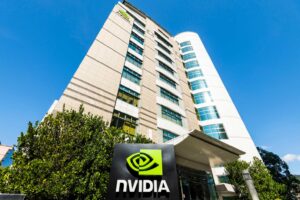By Kosaku Narioka
Japan’s benchmark stock index rose above 40000 for the first time ever, driven by stronger corporate earnings and a surge in chip-related stocks fueled by enthusiasm for beneficiaries of the boom in artificial intelligence.
The Nikkei Stock Average was recently up 0.8% at 40230.19 on Monday morning after rising as high as 40301.30 earlier.
Semiconductor-testing equipment maker Advantest was up 3.6%, chip maker Renesas Electronics was 4.0% higher and Lasertec, which manufactures equipment used in chip production, was up 2.8%.
On Feb. 22, the index hit an all-time high for the first time in 34 years, closing above the previous record reached at the height of the Japanese asset bubble in 1989. The index has since renewed record highs several times, despite growing market expectations around the Bank of Japan’s potential shift away from years of ultra-low interest rates.
The Nikkei Stock Average had climbed 19% so far this year through Friday, after having risen 28% in 2023, driven by the return of modest inflation, improvements in corporate governance and a weaker yen, which boosts the value of corporate profits earned overseas in yen terms. A surge in chip stocks led the latest gains.
Marred by years of deflation and slow growth, the Japanese stock market has lagged behind others over the past decades.
BOJ policy board member Hajime Takata said Thursday that the central bank should start discussing the details of a possible exit from its ultra-loose monetary policy. On Friday, the two-year Japanese government bond yield briefly rose to 0.190%, its highest level since May 2011.
Write to Kosaku Narioka at kosaku.narioka@wsj.com
Read the full article here












